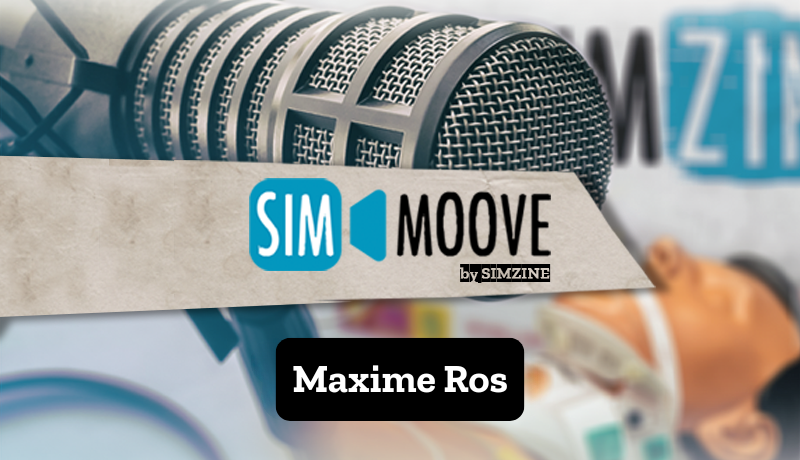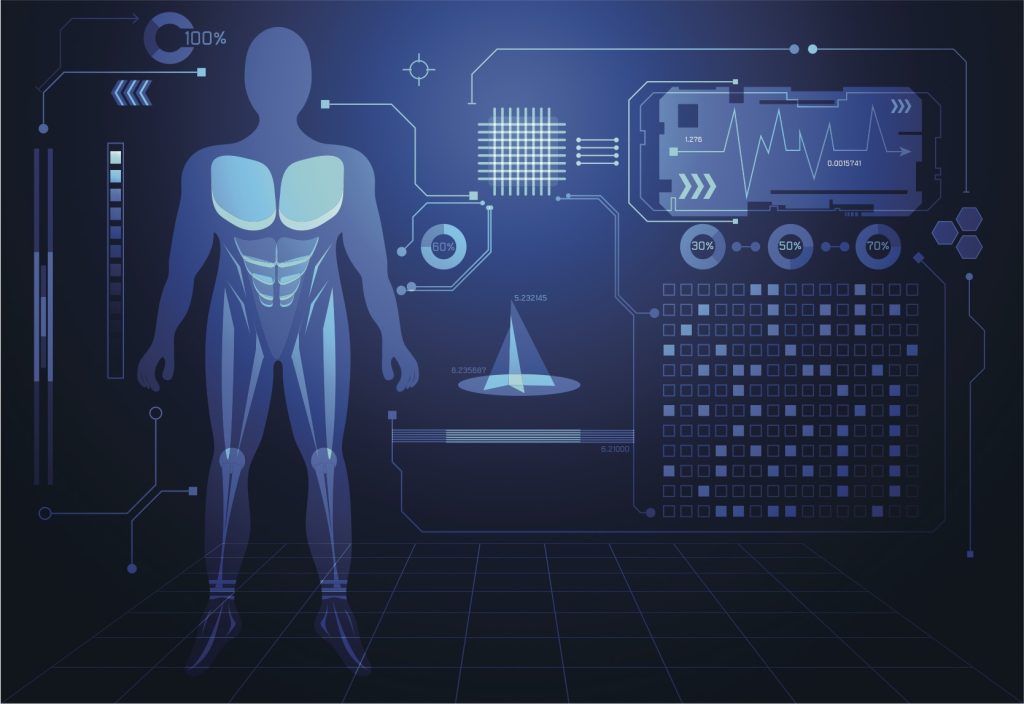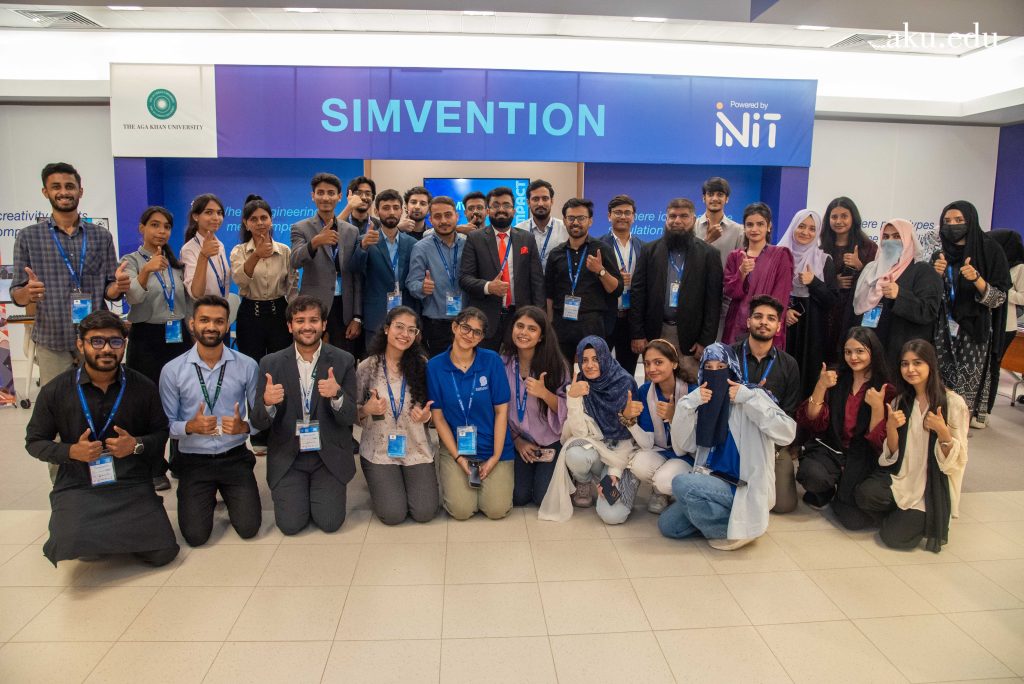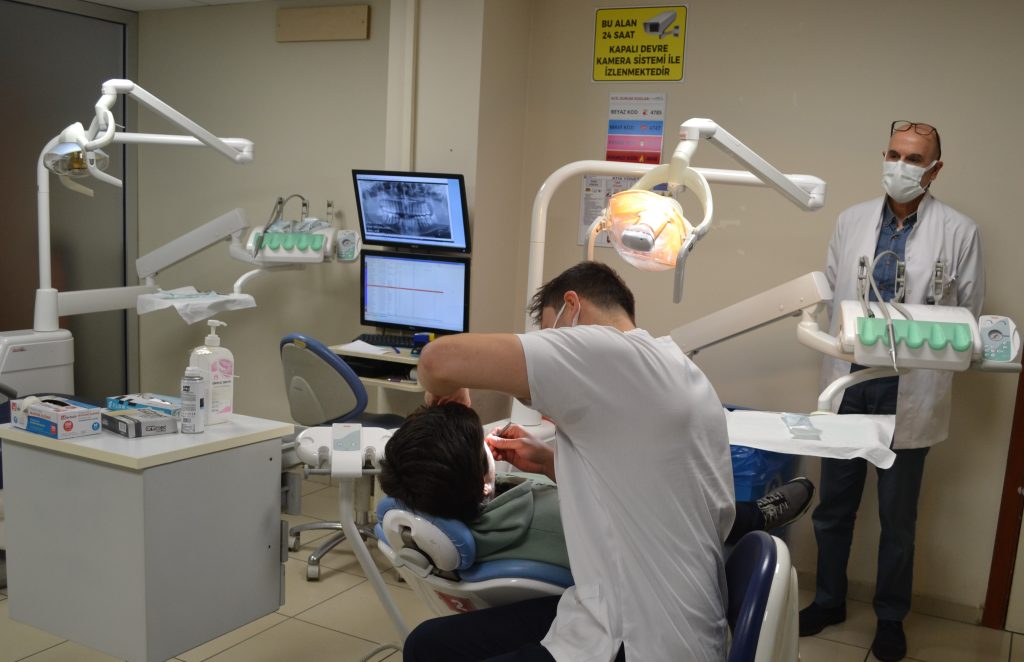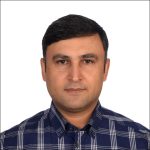We recently had the pleasure of sitting down with Prof. Abdulaziz Boker, President of SSSH, to discuss his presidential priorities and gain an understanding on varying issues related to simulation in Saudi Arabia.
SIMZINE keeps on exploring and sharing views and ideas of the leaders of simulation professional and scientific societies. Today we talk with the President, and founder, of the Saudi Society for Simulation in Healthcare (SSSH), Prof. Abdulaziz Boker.
For over 20 years, he has been very actively involved in medical simulation-based education at local, regional, national, and international levels. He established the King Abdulaziz University Clinical Skills and Simulation Center in 2008, and he counts multiple publications in the field of medical education and healthcare simulation. Given his outstanding record as simulation educator, he received awards from the International Association for Health Professional Education (AMEE), the Royal College of Physician and Surgeons of Canada, and the Society for Simulation in Europe (SESAM).
Abdulaziz Boker

Professor, consultant and chairman of Anaesthesiology & Critical Care, College of Medicine, at King Abdulaziz University, he is current president and chairman of the Board Directors of the SSSH. Past Chairman of the Scientific Board of Anaesthesia and Critical Care at Saudi Commission for Healthcare Specialties and one of the Past Chairman of Anaesthesia & Critical Care Examination Committee at Arab Board. He received several awards both for his personal and professional outstanding results, as well as for the excellence achieved by the Clinical Skills and Simulation Centre at King Abdulaziz University in (CSSC-KAU) which he founded in 2008.
Welcome Prof. Boker. And thank you for sharing your time with our readers. Let’s start easy. Why are you passionate about simulation?
I appreciate the opportunity to take part in this interview. This is an extremely challenging and thought-provoking question. Why am I passionate about simulation? For me, it is an area where you can combine your passions for education and clinical medicine, as a clinician to provide education and training to future generations, as well as a safe and healthy working environment for patients.
Healthcare simulation has been used for over 20 years, and it has always been thought-provoking, engaging, and a great way to improve at the individual, organizational, and institutional level. The fact that this can save one life is enough, but in my humble experience, it has happened on numerous occasions.
What aspects of your role as President of the SSSH have you enjoyed so far?
It was a real pleasure to formulate the foundations of the society. Creating the society began as an idea and evolved into a concept. The next step was to get people to work together, unify agendas and strategies, develop them, and then put them into action. Obviously, we had to work with many leading societies around the world for this, such as Society of Simulation of Healthcare (SSH) in the US, SESAM in Europe, and PASHH in Asia. Through gathering the experiences of these societies, we developed our national society’s momentum from an international perspective. As a result, we have been able to begin where others have ended. Also, I enjoy spreading these learned lessons to other local, regional and international simulation centers, programs, and educators.

How do you manage to balance the SSSH activities with other professional duties and with your private life?
What do you mean by private life? It’s all work, work, and more work. There is no private life, no social life. Just kidding. There is no doubt that balancing social life and professional duties is very important. As a practicing anesthesiologist, professor in the college of medicine, and supervisor of our simulation center, my priorities are always self, family, and job responsibilities. Prioritizing my family’s responsibilities is one of the most important things to do as part of my regular jobs. On top of that, I also have to devote and dedicate time to professional duties related to my community on a voluntary basis.
What are your main objectives for the current mandate as SSSH President?
A current objective of the SSSH President is to establish the Society’s bylaws and to adopt them to evolve local policies and regulations according to Saudi Arabian laws. The society is, currently, regulated by Saudi Commission Societies of Health Specialties (SCFHS) by-laws. Hence, setting up SCFHS-Integrated membership system, dynamic website, as well as working with the board of directors team, and members at large, to formulate a five-year strategic plan is a very important part of the mandate for the current inaugural SSSH cycle.
How would you define the state of the simulation in your country?
As a developing country, simulation has grown tremendously in Saudi Arabia. This growth is witnessed in simulation uses in terms of variety, scope, and dissemination. Many governmental agencies are now utilizing simulation-based education, especially after the COVID-19 pandemic.
Currently, most health colleges offer simulation-based training as part of their programs, as do several postgraduate programs at the national level, including fellowships and residency programs. Therefore, simulation will very soon be a must in undergraduate Objective Structured Clinical Exams (OSCE) and gradually in postgraduate final certification exams. In fact, simulation-based performance has been a part of the OSCE exam for over a decade in medical schools.
I believe in Saudi Arabia, more and more simulation modalities will be considered in teaching and certification for healthcare professionals. All healthcare specialties are in favor of this development, not just medical schools.

You mentioned COVID. In addition to its dramatic consequences for health and education, the pandemic also left deep marks on a social and cultural level. One of these certainly involves the relationship between science and societies. What could be the role of SSSH in simulation science development?
As I understand this question, simulation, like many other social or educational activities, relies heavily on qualitative research to accomplish its goals. As with other aspects of medical and health fields, evidence-based development relies primarily on quantitative rather than qualitative research findings. We, as simulation societies, need to build collations to conduct more evidence-based research in similar ways to other medical and health industries.
It is imperative that simulation professional societies put more effort into standardizing SIM centers, courses, and staff, as well as producing scientifically sound recommendations and guidelines. These will be of great importance to improve efficacy, efficiency and return of investment on money spent on simulation programs across the globe. Almost all healthcare systems are concerned about costs, and many of these are overburdened with anticipated growth in expenses and demands, along with a limited available workforce. In this way, simulation methodologies can be used as a teaching tool that is cost-effective and efficient.
What do you think are going to be the key developing issues in simulation in the coming years? What are the unmet needs today?
In the coming years, I think virtual simulation environments and metaverses will grow rapidly in medical education and simulation applications. In the future, I believe the balance between innovation and progress versus standardized components in simulation training programs is critical. As a result, all undergraduate, postgraduate, and subspecialty fellowship programs will need to have well developed simulation-structured modules to provide the needed balance.
Simulators may be mandated as key components in training as part of licensing and re-licensing for practitioners in industries such as aviation and space. Therefore, while striving for continuous evolution and innovation is a good and noble pursuit, it has to be balanced with the need for a standardized approach to training and retraining using simulation.

We are witnessing not only the development of new simulation technology but also the usage of available technology in a new way. What do you expect from the simulation industry in the next 5 years?
As I mentioned, I expect a lot of development in technology, hardware, software, and new innovative structures, systems, and networks. With time, I anticipate more integration of virtual applications that use artificial intelligence to create interactive and autonomous performance and competency assessment systems. It is my belief that all these things will improve the current simulation application and health professional education.
The SSSH Congress is an important forum for education and research. Can you tell us more about the plans for the congress next year and any aspects that you are particularly looking forward to?
There are many simulation conferences and congresses that have been happening in Saudi Arabia on a regular basis since 2014. The major event being the Saudi Health Simulation conference (SHSC), which is now supervised and organized by the Saudi Ministry of Health in collaboration with many other Ministries at governmental level.
Also, SSSH has initiated a regional yearly event, Saudi Society of Simulation Scientific Assembly, nicknamed 4SA. In addition to SSSH members, many key governmental agencies actively participate in these events. These include, but not limited to, the Ministry of Health, Ministry of Defense, Ministry of National Guard, and Ministry of Education. Also, very important strategic partners regularly participate. These include Saudi Commission of Health Specialties (it is the leading Healthcare regulator and policy maker), Saudi Patient safety center and Saudi Red crescent to name a few.
As a starting society of simulation in healthcare, we are focused now on spreading the culture of using simulation and at same time integrating it within the national framework of teaching, training, certification and recertification of healthcare workforce.

Professor Boker, any further suggestions? Thank you for your kindness and support.
In closing, I would like to thank you for inviting me to this issue of SIMZINE. Using simulation in healthcare is a wonderful way of sharing experiences with others who have the same passion. It also emphasizes the importance of ongoing cooperation and collaboration between professional simulation societies at regional, national, and international levels. Through these collaborative efforts, we can all learn from each other’s successes and challenges.
We do face common challenges in terms of finance, relationships with industry, members’ engagement, standardization, and innovation management. Furthermore, these initiatives are necessary to inspire and share practical solutions developed by leaders in the field, in order to be able to be transferred or applied to other geographical or other healthcare systems and thus improve staff and patient safety across the globe through simulation.
Thank you, Prof Boker, for sharing your expertise with us, and a special thank you for your positive feedback regarding our magazine. Your words of encouragement mean a lot to us!
READ ALSO































